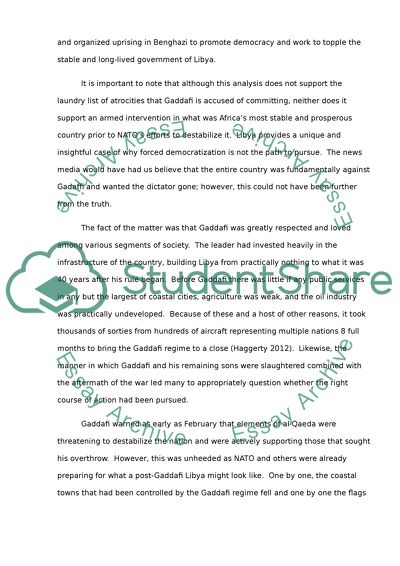US Foreign Policy and the Issue of Democracy in the Middle East Essay. Retrieved from https://studentshare.org/history/1458309-us-foreign-policy-and-the-issue-of-democracy-in-the-middle-east
US Foreign Policy and the Issue of Democracy in the Middle East Essay. https://studentshare.org/history/1458309-us-foreign-policy-and-the-issue-of-democracy-in-the-middle-east.


